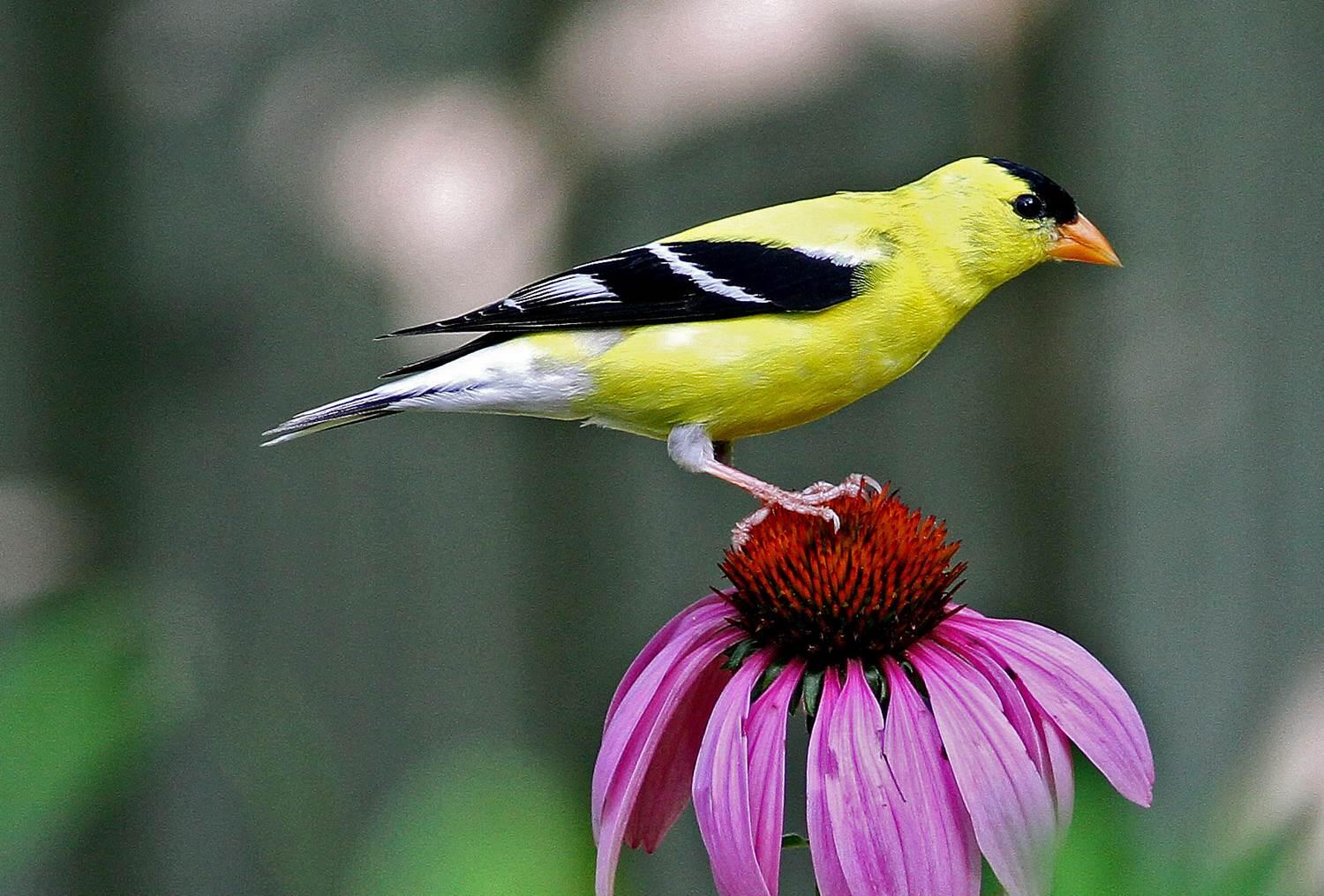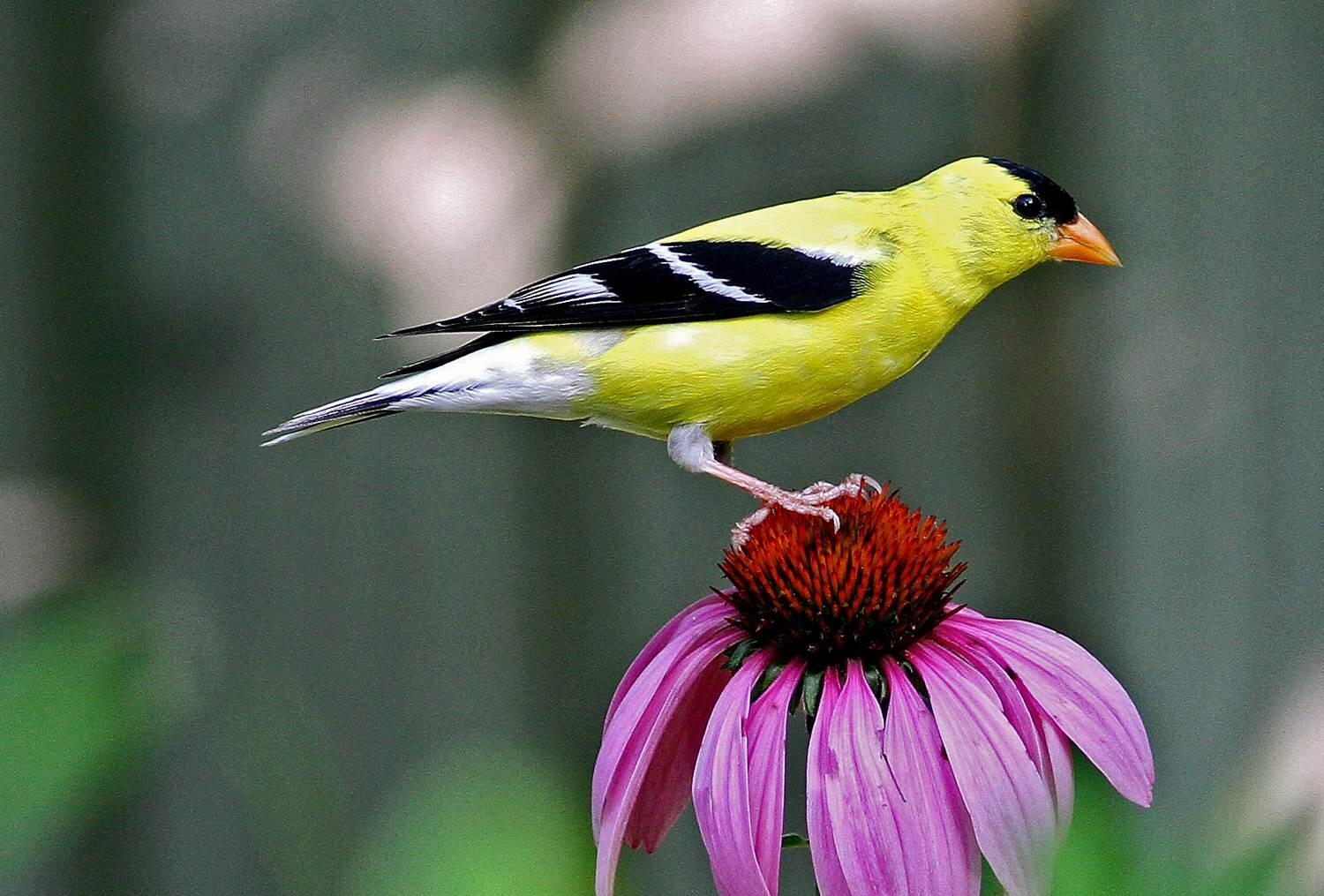Protecting birds and the places they need.
Red-tailed Hawk. Photo: Morris Finkelstein/Audubon Photography Awards
As part of Audubon Connecticut (a state office of the National Audubon Society) and the Atlantic Flyway, Greenwich Audubon Center's mission is to protect birds and the places they need, today and tomorrow. We steward seven nature sanctuaries, totaling 686 acres of diverse habitat in Greenwich, Connecticut. We serve our community as a vibrant education center and the hub for Audubon’s Bird-Friendly Communities work in Connecticut.
Our center building has resumed being OPEN Thursday through Sunday from 10 a.m. to 4 p.m. and CLOSED Monday through Wednesday.
Our trail system is open year-round, seven days a week from sun-up to sunset. While using the trails, please adhere to the following rules:
Enjoy the trails and thank you so much for visiting!
The Greenwich Audubon Center provides many educational opportunities and resources—discover our programs, nature store, coffee lounge, trails, and more
Join us for our annual celebration of hawk migration on Saturday and Sunday, October 5th and 6th!
Birders flock to "Let's Go Birding Together" events powered by new community partnerships.
Explore the many ways you can make a difference for both the wildlife and the people who call Connecticut home
613 Riversville Road
Greenwich, CT 06831
203-869-5272
Email
Center: Open Thursday - Sunday, 10 a.m. - 4 p.m.
Trails: Open Daily, Sunrise to Sunset


American Goldfinch on Purple Coneflower. Photo: Will Stuart
Give birds and your garden a boost with native plants! Enter your zip code and discover which plants are best for your area.
Where birds thrive, people prosper. Help us transform local communities into places where birds flourish. Learn what you can do to nurture wildlife, nature, and conservation in Connecticut.
Through land stewardship, science, education, and advocacy, we work to preserve habitat and protect bird species that are of state, national, and global concern. Your gift can make a difference.
When you become a member of Greenwich Audubon Center, you are nurturing bird-friendly communities and a natural heritage for generations to come. Help us do great things.